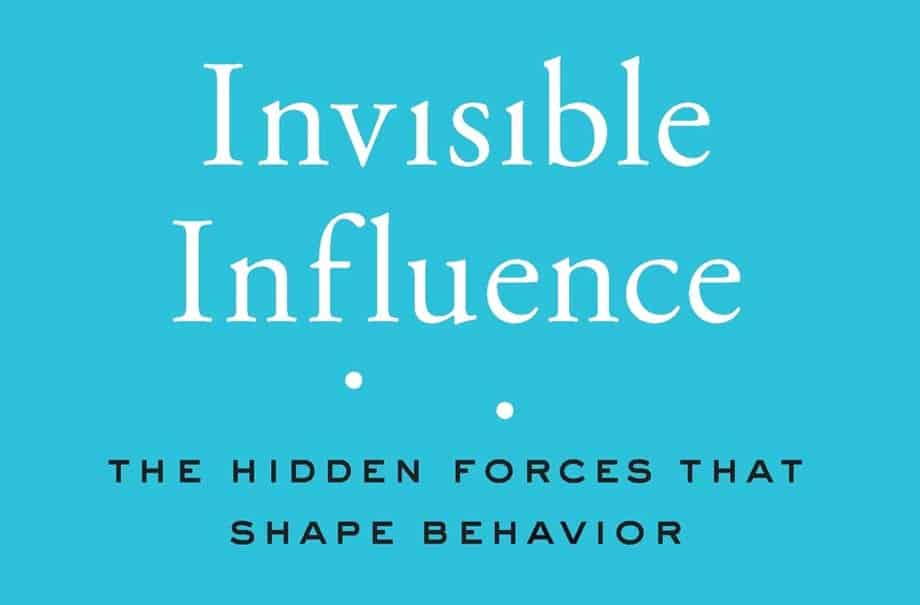The Importance of Stories:
– Stories determine the quality of our lives.
– They shape our perceptions of ourselves, others, and the world.
– Understanding and changing these stories can transform our lives.
Why We Tell Stories:
– Evolutionary perspective: stories helped early humans learn and share lessons.
– Stories help us understand and navigate reality.
The Neuroscience of Stories:
– Oxytocin: The bonding hormone, released when we connect with characters in a story.
– Cortisol: The stress hormone, keeps us alert and engaged by introducing challenges.
– Dopamine: The motivation hormone, released when goals are achieved or seem achievable.
Functions of Stories:
– Deliver messages or morals.
– Create emotions and engage listeners.
– Position us in the minds of others.
– Create and dictate reality.
– Enable collaboration and shared understanding.
Stories We Tell Ourselves:
– About the Future: What’s possible, probable, and ideal.
– About the Past: Blame, regret, and reasons for events.
– About the Present: Current situation, rights and wrongs.
– About Ourselves: Identity, beliefs, and potential.
Changing the Stories:
– Change the perspective or character from which the story is told.
– Change the ending of the story.
– Find and tell contradictory stories.
– Challenge the underlying beliefs.
– Change the narrator or the point of view.
– Recognize and quit unhelpful stories.
– Create new, empowering stories.
Podcast: Play in new window | Download







